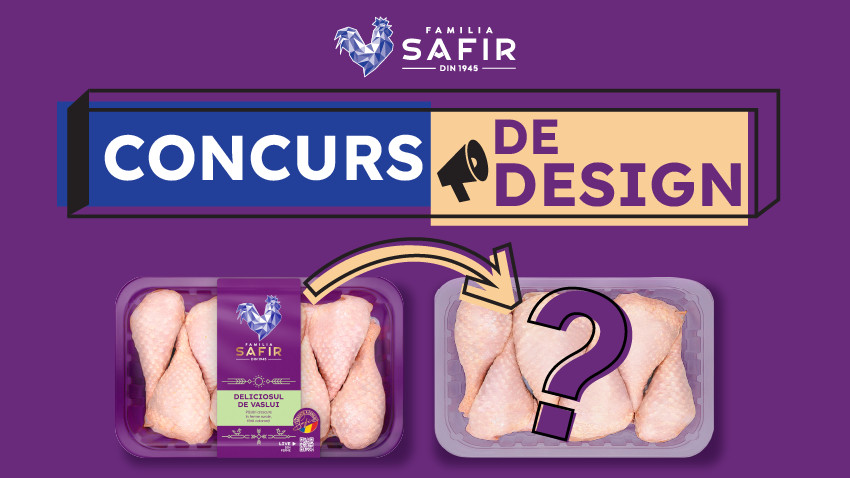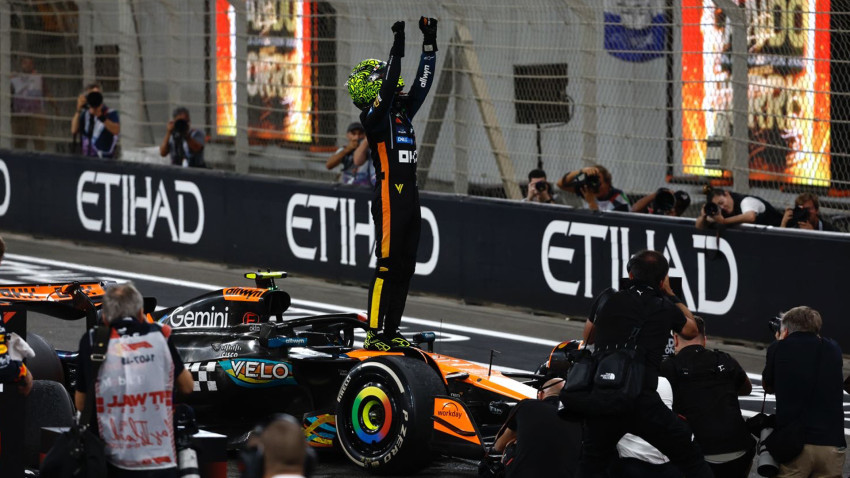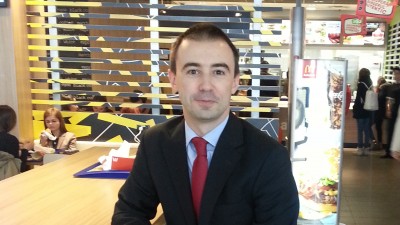The conference section of Promotions Now 2014 gave us the opportunity to invite Bob Hoffman, the author behind the refreshingly honest, no-bollocks-you-can’t-handle-the-truth-I’m-not-buying-it AdContrarian blog. We talked over Skype about what kind of attitude could make the advertising industry a better place to work in and what makes a promotion great or awful. For those who don’t know him yet, first of all, you’re welcome! And then here’s a short bio: Bob is an author, speaker, and partner in Type A Group, a consultancy firm working with agencies and marketers. He is the author of "101 Contrarian Ideas about Advertising" which is the top selling advertising book on Amazon. Bob is also the author of "The Ad Contrarian" book and "The Ad Contrarian" blog, which was named one of the world's most influential advertising and marketing blogs by Business Insider. In 2012, Bob was selected the Ad Person of the Year by the San Francisco Advertising Club.
Refreshingly irreverent opinions about advertising, with The AdContrarian

Aboneaza-te pentru a avea acces la acest articol
Aboneaza-te la newsletterul IQads cu cele mai importante articole despre comunicare, marketing si alte domenii creative:



















